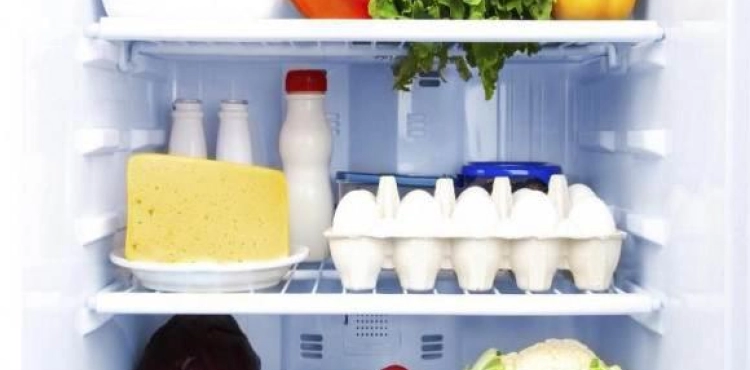A team of researchers in the United States has developed a new technology to detect spoiled food, by monitoring any increase in the ethylene gas emissions from these foods, in a sign that it has begun a corrupt phase.
It is known that when the more vegetables and fruits are ripe, the more ethylene gas is released.
The team of researchers at the Massachusetts Institute of Technology succeeded in creating a small-size sensor that can monitor this gas even when its concentration is 15 parts per billion, and they believe that this device can help in the early detection of the spoilage process, thus reducing the percentage of wasted food.
"There is an urgent need to improve plans to manage food resources and prevent waste," he added, adding that "people working in the field of shipping vegetables and fruits need Knowing her condition during the transportation phase, and whether they should take measures to reduce the proportions of ethylene emitted during the transportation. "
The sensor is made of nano-cylinders made of carbon and contains a catalyst called "palladium". This substance can monitor any increase in the ethylene gas released from food during a chemical reaction called oxygen.
The new device can monitor the ethylene emissions within seconds of the start of chemical reactions, which allows workers in the food industry to monitor the process of spoilage at its beginning, and thus take the necessary measures to protect food from spoilage.












